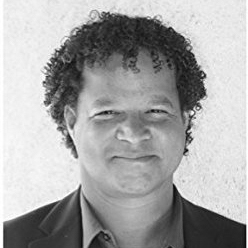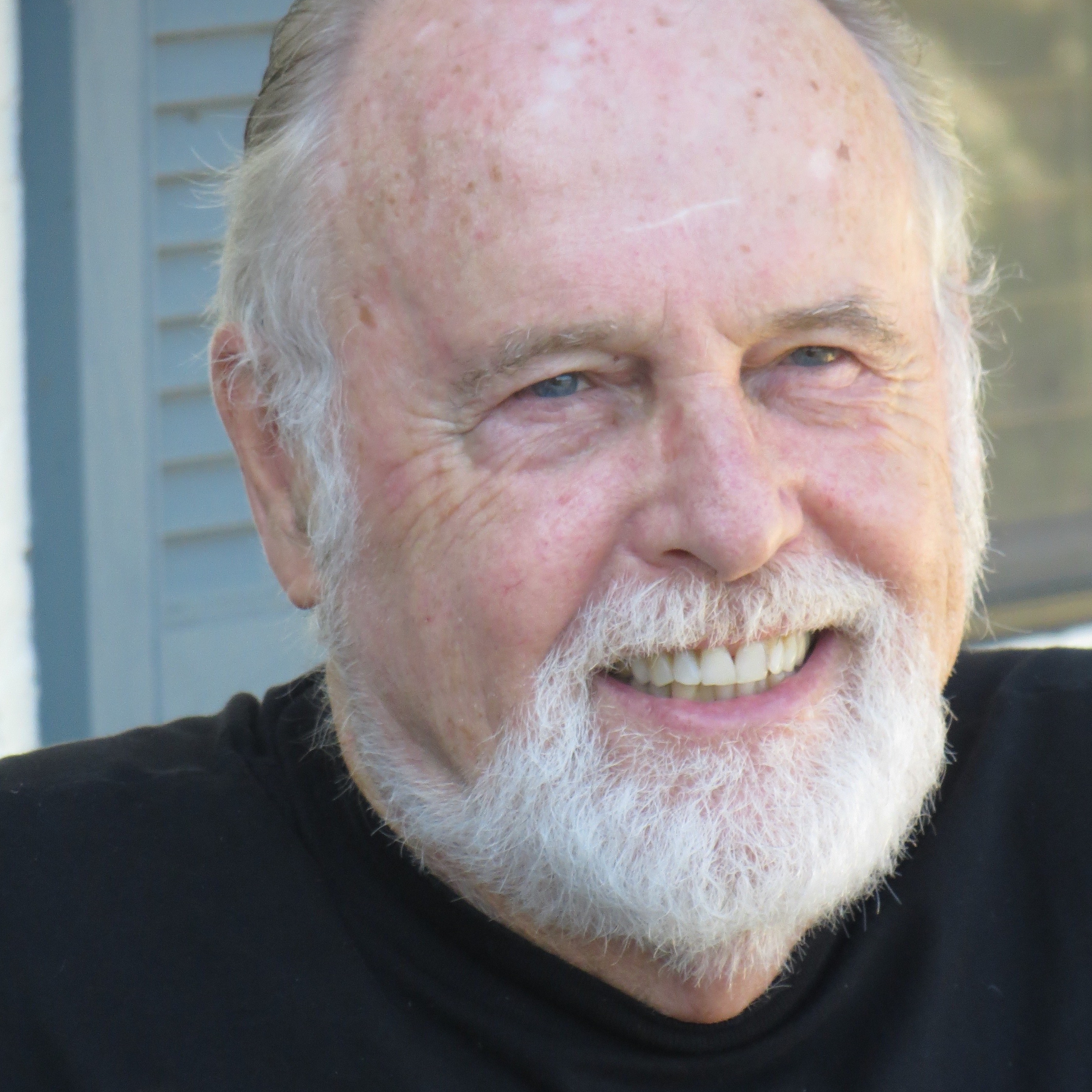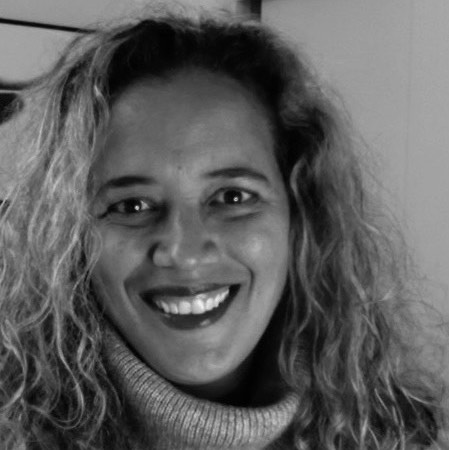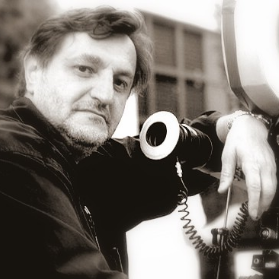
Professor
Raphael Raphael (Ph.D., University of Oregon; MFA, Plymouth University; Master's, Teachers College, Columbia University) is a film and media scholar who also lectures at the University of Hawaiʻi at Mānoa. His work frequently looks at making connections between genre, culture and disability. His most recent book, Transnational Horror Cinema: Bodies of Excess and the Global Grotesque (2017), with Sophia Siddique, looks at intersections of the horror genre, disability and trauma across borders. Other writing includes Transnational Stardom: International Celebrity in Film and Popular Culture (2013) with Russell Meeuf and contributions to the Encyclopedia of American Disability History. He currently serves as Associate Editor of Creative Works and Multimedia for the Review of Disability Studies. Raphael's work on pedagogy also includes writing on teaching film and disability studies in Modern Language Association's Teaching Film (2012) and social media learning in Let's Get Social: The Educator's Guide to Edmodo, with Ginger Carlson (2015). He has coordinated and directed educational technology programs with institutions in Asia, Europe and the United States. His scholarship in film, technology and media is also informed by his own practice as transmedia artist, and he has exhibited his work, including augmented reality and found footage installations as well as short films, in the United States and Europe. He is currently working on a book making connections between disability studies and film studies. Dr. Raphael tweets on issues in film and technology @raphaelspeak.

Professor
Raphael Raphael (Ph.D., University of Oregon; MFA, Plymouth University; Master's, Teachers College, Columbia University) is a film and media scholar who also lectures at the University of Hawaiʻi at Mānoa. His work frequently looks at making connections between genre, culture and disability. His most recent book, Transnational Horror Cinema: Bodies of Excess and the Global Grotesque (2017), with Sophia Siddique, looks at intersections of the horror genre, disability and trauma across borders. Other writing includes Transnational Stardom: International Celebrity in Film and Popular Culture (2013) with Russell Meeuf and contributions to the Encyclopedia of American Disability History. He currently serves as Associate Editor of Creative Works and Multimedia for the Review of Disability Studies. Raphael's work on pedagogy also includes writing on teaching film and disability studies in Modern Language Association's Teaching Film (2012) and social media learning in Let's Get Social: The Educator's Guide to Edmodo, with Ginger Carlson (2015). He has coordinated and directed educational technology programs with institutions in Asia, Europe and the United States. His scholarship in film, technology and media is also informed by his own practice as transmedia artist, and he has exhibited his work, including augmented reality and found footage installations as well as short films, in the United States and Europe. He is currently working on a book making connections between disability studies and film studies. Dr. Raphael tweets on issues in film and technology @raphaelspeak.

Professor
Robert Jones has been teaching and making award-winning films for over 50 years. He has an MFA in Film Producing from UCLA, as well as an MS in Film Production and a BA from Boston University. He has taught film at Loyola Marymount University and California State University Northridge, in Los Angeles, and at the University of Central Florida, Orlando, FL. His films can be seen at vimeo.com/manage/videos/410748357

Professor
Graduating from UCLA with a BA (Political Science with a specialization in American Politics), Firdosi Wharton-Ali followed that up by becoming a member of the inaugural class of the Certification in Screenwriting Program, UCLA. Later, she obtained her MFA (specialization in Screenwriting) from the prestigious UCLA School of Theater, Film, Television, and Digital Media where she was awarded The APA Marty Klein Comedy Writing Award for outstanding comedic writing. Upon graduation, she optioned her first script to Mark Morgan (Executive Producer of The Twilight Series). Later, she secured a position as the only female story consultant/screenwriter on the first animated movie about the history of Islam: Mohammad, The Last Prophet.

Professor
Henryk Cymerman was born in Poland and immigrated to New York in his mid-teens. He moved to Jerusalem to study sculpture at Bezalel Academy of Fine Arts and Design. Henryk discovered his interest in film through his exploration of mixed media art which prompted him to pursue his Masters in film at Tisch School of the Arts. After graduation, he made the transition into feature films as a Director of Photography and earned a spot in the International Cinematography Guild. In 1993, he moved with his family to Los Angeles to continue his work in feature productions. His films include, but are not limited to the following titles: “April Rain,” “Brothers Three an American Gothic,” “Scared,” “Soap Girl,” “Placebo Effect,”(for which he won an award) “Home Fries” [Second Unit,] “To the Limit,” “Dream Boat,” “Star Trek First Contact”[Second Unit.] Kodak, In Camera, and Fujifilm profiled him over the years. He traveled all over the world to visually record testimonials of over 300 Holocaust survivors for Steven Spielberg’s “Survivors of the Shoah, Visual History Foundation.” Henryk’s professional teaching career started after graduate school when he was recruited by Dr. Annette Insdorf (Director of the Columbia University Graduate School of Film). This initial teaching experience prompted his future endeavors in university settings. The creativity and independence he fosters in his students fuels his love of teaching. Today Henryk lives in Los Angeles with his wife and children.
